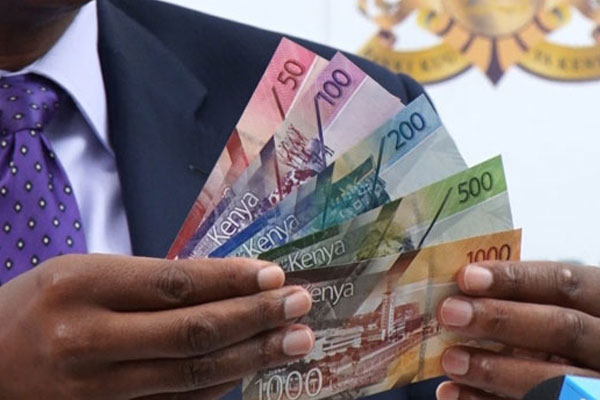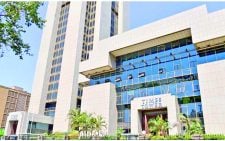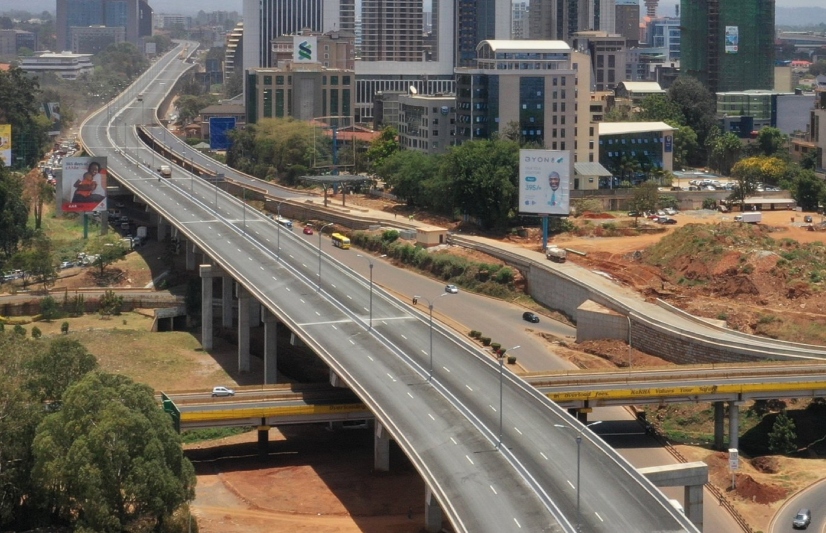Business activity slows in September as demand falls

Kenya’s private sector activity improved only slightly in September, hurt by rising energy prices that hit demand and also led to higher input costs, a survey showed yesterday.
Markit Stanbic Bank Kenya Purchasing Managers’ (PMI) headline index for the month declined to 50.4 from 51.1 in August, which is worse than 50.6 the sector witnessed in July.
However, the readings have remained above the 50.0 neutral mark for the fifth straight month in a row though the September reading was the lowest since most pandemic-related restrictions were lifted in May this year.
Readings above 50 signal an improvement in business conditions on the previous month, while readings below 50 show deterioration.
“Business conditions continued to improve in September but at the slowest pace in the past five months due to rising inflation.
While export demand expanded by the fastest rate in 13 months, the improvement in domestic demand was negatively affected by a rise in output prices,” said Stanbic’s Kuria Kamau, Fixed Income and Currency Strategist.
Until last month, the upturn in job numbers for instance, had been the quickest since May when the private sector recorded one of its best performances in the pandemic period, but only modest overall and slower than the series long-run average.
Continued recovery
Output and new orders, however, rose in September, mainly due to the continued recovery in demand from the strict lockdown earlier in the year.
Equally, exports also contributed to the growth seen in the month, as foreign orders increased at the fastest rate since October 2020.
“Higher fuel prices were a key factor leading to the uptick in living costs. As well as impacting demand, businesses found that the price hike added to purchasing prices, which rose sharply.
Faced with higher cost burdens, firms raised their selling charges to the greatest extent since February,” the monthly survey findings read in part.
Owing to the growing uncertainty brought by the Coronavirus, the looming general elections and the deteriorating economy, respondents who took part in the survey expect months ahead to perform dismally.
“Around 72 per cent of respondents expect output to be unchanged over the coming year, amid uncertainty surrounding the pandemic and inflationary pressures.
Positive forecasts were meanwhile driven by hopes of increased marketing and capital investment,” it noted.
Survey respondents indicate high taxes slapped on Kenyan traders are also expected to negatively impact the business environment in the long term despite the high Court in September declaring the minimum tax on corporate sales unconstitutional.
Business environment took a hit in the months preceding the ruling because of the high taxation regime which kicked off on January 1.
It had a knock-on effect on the production costs for most businesses and marked the toughest third quarter for employers.
Tax measures
Through the Finance Act, 2020, the government introduced among other tax measures, a 1.5 per cent tax on income from services accrued or derived in Kenya through a digital marketplace.
The tax is applicable on the gross transaction value of the service provided and is due at the time of payment.
It also introduced a minimum tax of 1 per cent on gross turnover as well as the rate of Value Added Tax from 14 per cent in 2020 to 16 per cent.
The return of 16 per cent valued added tax (VAT) for instance, continues to divide policy makers with businesses particularly those in real estate, publishing and supply feeling the heat.















